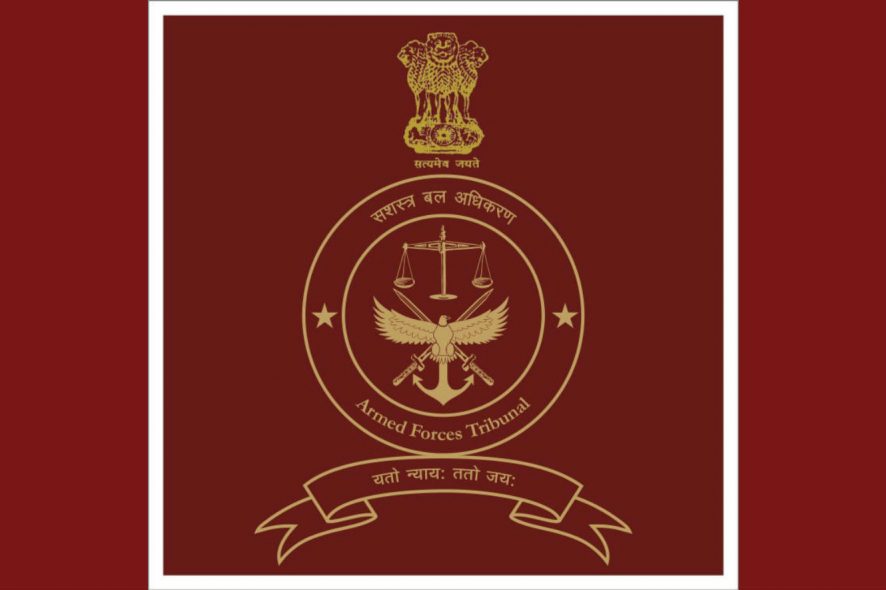Armed Forces Tribunal: Division Bench of Justice Umesh Chandra Srivastava (Chairperson) and Vice Admiral Abhay Raghunath Karve (Member) A, allowed the application seeking directions to quash orders rejecting disability pension to the applicant.
The applicant was enrolled in Indian Army on 17-06-2013 and was invalided out from service on 16-12-2013 in Low Medical Category under Rule 13 (3) Item IV of the Army Rules, 1954. The Invaliding Medical Board (IMB) held assessed his disability ‘Catatonic Schizophrenia’ at 40% for life and opined the disability to be neither attributable to nor aggravated (NANA) by service.
Counsel for the applicant, K.K. Singh Bisht pleaded that the applicant was enrolled in Army in medically and physically fit condition and there was no note or record to the contrary at the time of entry. Therefore, any deterioration in his health should be presumed to be due to service conditions.
The respondent contended that claim for disability pension had rightly been rejected by the competent authority in view of para 198 of Pension Regulations for Army, 1961 (Part-I), which categorically stated that the minimum period of qualifying service actually rendered and required for grant of invalid pension is ten years, but in the instant case, the applicant had put in only 07 months of service. The disease applicant was found to be suffering with in medical test was first started on 13-09-2013, i.e. within three months of joining the service.
Noticing the disease had started in less than three months of enrolment, the Tribunal stated that it could not be concluded that it had been caused by stress and strains of military service. The Tribunal relied on Narsingh Yadav v. Union of India, (2019) 9 SCC 667, wherein the Supreme Court had held,” Mental disorders cannot be detected at the time of recruitment and their subsequent manifestation does not entitle a person for disability pension unless there are very valid reasons and strong medical evidence to dispute the opinion of Medical Board.” The Tribunal while disposing of the application explained, “A recruit is akin to a probationer and hence, prima facie the respondents as an employer have every right to discharge a recruit who is not meeting the medical requirement of military service and is not likely to become a good soldier.”
Since there was no causal connection between the disease and military service, the Original Application was dismissed for being devoid of merit. [Durgesh Kumar Singh v. Union of India, 2020 SCC OnLine AFT 4635, decided on 11-12-2020]







